Since returning to power in 2021, the Taliban government has vowed to eradicate illegal drug production in Afghanistan. In April 2022, the Taliban banned the cultivation of poppies, which are used to produce opium and heroin.
According to AFP, a report by the United Nations Office on Drugs and Crime (UNODC) shows that the area under opium poppy cultivation has decreased by about 95% - from 233,000 hectares at the end of 2022 to 10,800 hectares in 2023.
Opium production also decreased by a similar amount during the same period - from 6,200 tons to 333 tons.
This year's poppy harvest is estimated to be equivalent to 24-38 tonnes of exportable heroin, down sharply from 350-580 tonnes last year.
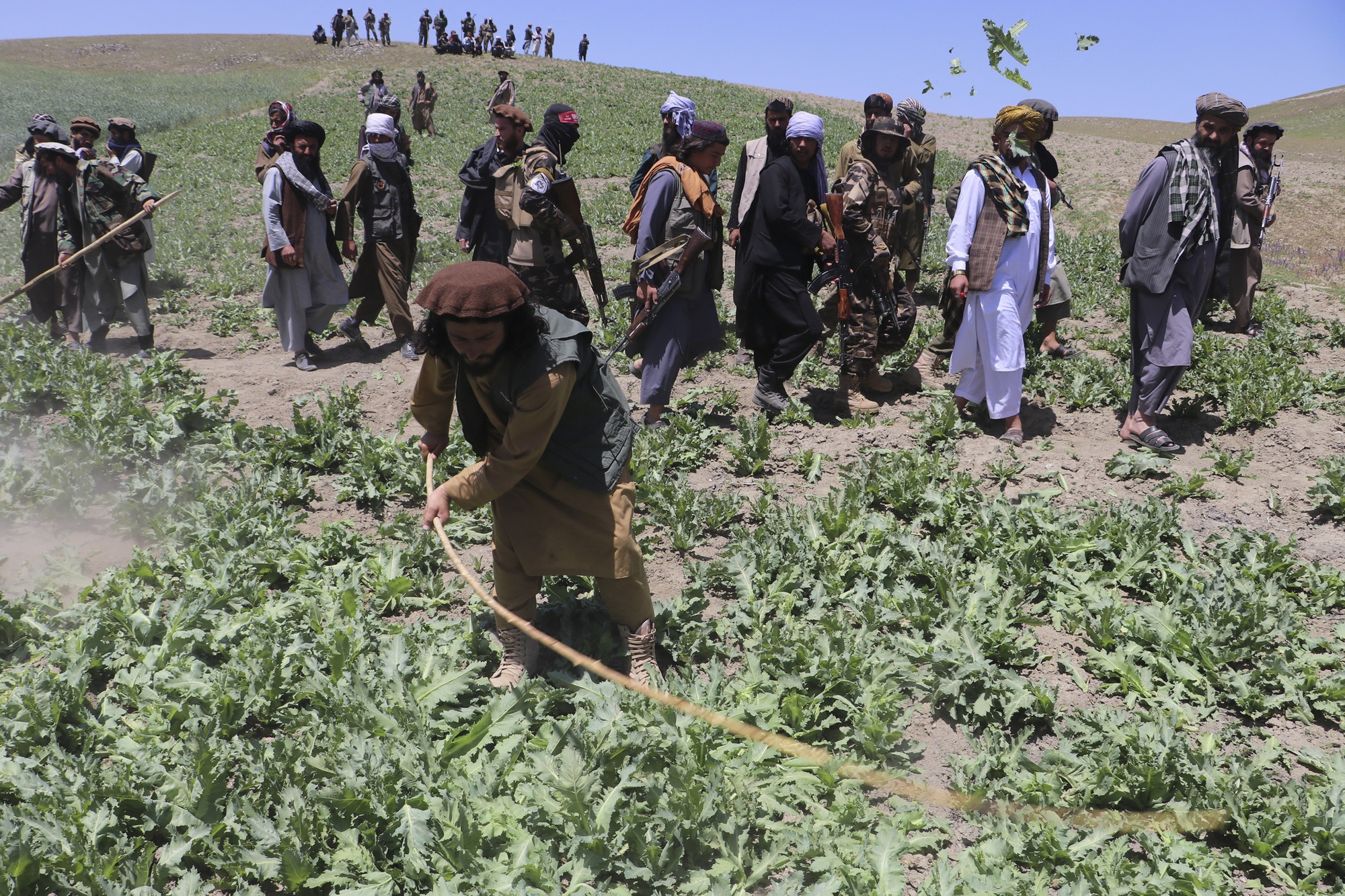
Authorities destroy poppy fields in Afghanistan in May.
The UNODC has warned of “potential humanitarian consequences for many vulnerable rural communities” due to the sudden decline of Afghanistan’s poppy industry, as farmers turn to less lucrative alternative crops.
According to the UNODC, poppy farmers’ income, estimated at $1.36 billion in 2022, has fallen by 92% to $110 million this year. The loss is likely to have a wider impact on Afghanistan’s already struggling economy .
Last year, poppies accounted for nearly a third of the total value of agricultural output in Afghanistan, the world's largest poppy grower.
The anti-narcotics department of the Afghan Interior Ministry said it agreed "to a certain extent" with the UNODC report's estimate of the area under poppy cultivation in the country.
But they rejected other parts of the report, such as those related to opium production and socioeconomic data, because they were not based on field surveys, but instead relied on satellite imagery and data from previous years.
Source link





![[Photo] Ready for the top competitions of Vietnamese table tennis](https://vphoto.vietnam.vn/thumb/1200x675/vietnam/resource/IMAGE/2025/5/18/9c547c497c5a4ade8f98c8e7d44f5a41)
![[Photo] General Secretary To Lam visits exhibition of achievements in private economic development](https://vphoto.vietnam.vn/thumb/1200x675/vietnam/resource/IMAGE/2025/5/18/1809dc545f214a86911fe2d2d0fde2e8)

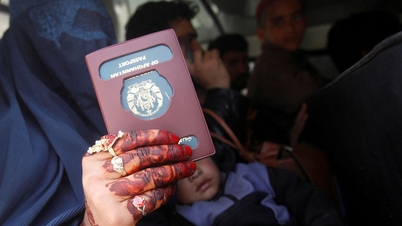











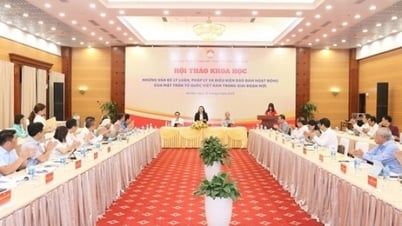






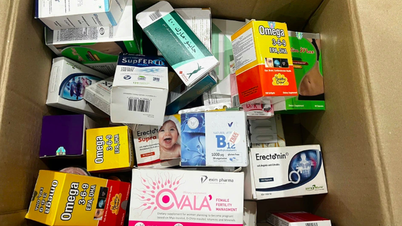



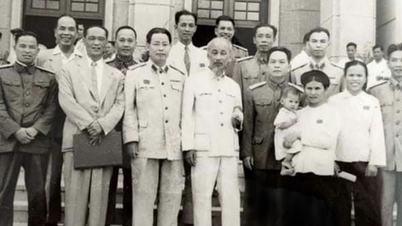

![[Photo] National conference to disseminate and implement Resolution No. 66-NQ/TW and Resolution No. 68-NQ/TW of the Politburo](https://vphoto.vietnam.vn/thumb/1200x675/vietnam/resource/IMAGE/2025/5/18/adf666b9303a4213998b395b05234b6a)

















































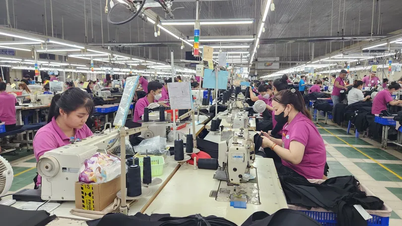



![[Podcast] - War Scars](https://vphoto.vietnam.vn/thumb/402x226/vietnam/resource/IMAGE/2025/5/18/9a131452559b41c9be4dc3798d0a4da0)

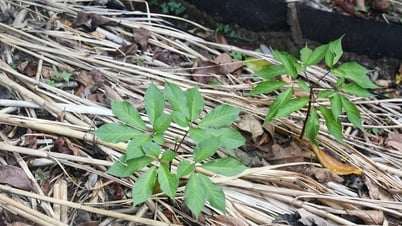









Comment (0)